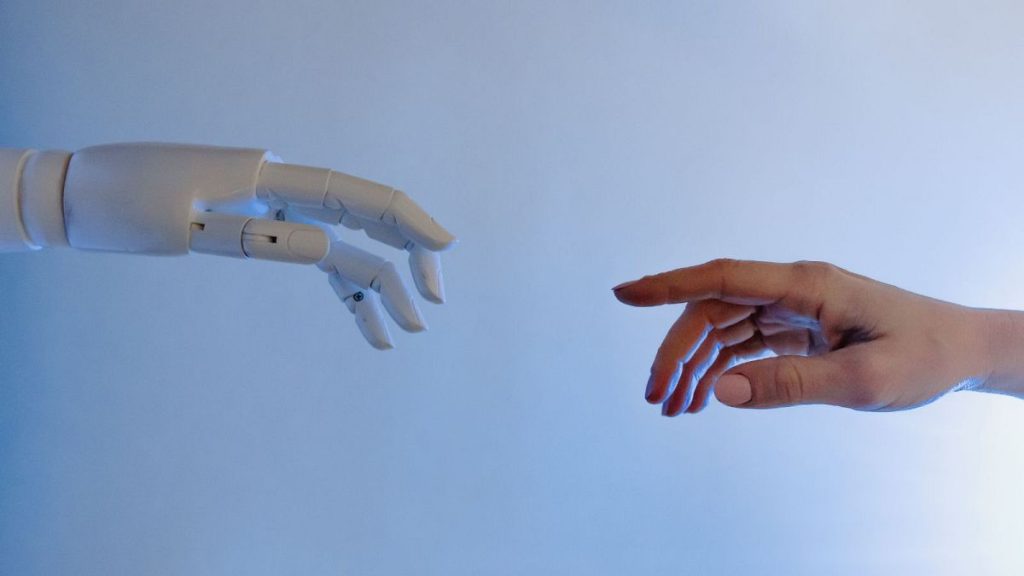The global mental health crisis is escalating, with a significant portion of the population projected to experience mental illness at some point in their lives. Unfortunately, mental health resources remain underfunded and inaccessible in many regions, leading to a substantial treatment gap. This scarcity of traditional mental healthcare has fueled the rise of AI-powered mental health apps, offering a readily available, often affordable, and potentially less intimidating alternative. These apps, employing chatbots and other AI-driven tools, aim to provide support, monitor symptoms, and even offer therapeutic interventions. However, the efficacy and ethical implications of these technologies are subjects of ongoing debate and concern.
A significant concern surrounding AI mental health apps is the issue of safeguarding vulnerable users. Tragic incidents, including suicides linked to interactions with chatbots, have raised alarms about the potential risks of relying on AI for emotional support. Experts warn about the dangers of anthropomorphizing AI, leading to over-dependence and a distorted view of therapeutic relationships. The inability of AI to truly empathize and respond to complex human emotions is a critical limitation, highlighting the crucial role of human connection in mental health care. The unregulated nature of some of these apps further exacerbates these concerns, emphasizing the need for robust safety measures and ethical guidelines.
Leading AI mental health app developers are actively addressing these concerns by implementing safeguards and prioritizing user safety. Wysa, for example, has partnered with the UK’s National Health Service (NHS), adhering to strict clinical safety standards and data governance protocols. Their app incorporates an SOS feature for crisis situations, providing access to grounding exercises, safety plans, and suicide helplines. Crucially, Wysa is also developing a hybrid platform that integrates AI support with access to human professionals, recognizing the limitations of AI-only interventions. This approach acknowledges the importance of human connection and professional guidance in mental healthcare.
A critical aspect of responsible AI therapy app development is the deliberate dehumanization of the AI interface. Unlike apps that encourage users to create customized human-like chatbots, Wysa uses a non-human penguin avatar. This design choice aims to foster trust and accessibility while reinforcing the distinction between interacting with a bot and a human therapist. This approach mitigates the risk of users developing unhealthy attachments to the AI and promotes a clearer understanding of the technology’s limitations. Similarly, other companies are exploring non-humanoid physical AI companions that provide emotional support without mimicking human interaction.
The effectiveness of AI therapy hinges on its intentional design and focus. Wysa, for instance, employs a three-step model: acknowledging the user’s concerns, seeking clarification to understand their feelings, and recommending appropriate tools and support from its library. This structured approach ensures that conversations remain focused on mental health and prevents the AI from venturing into areas beyond its expertise. This principle of intentional design is crucial for maintaining the therapeutic focus and avoiding potentially harmful or misleading interactions. By restricting the scope of the AI’s responses, developers can better manage the risks associated with open-ended conversations.
While AI mental health apps offer a promising solution to address the treatment gap, they should be viewed as supplementary tools rather than replacements for human interaction and professional care. Studies have shown that these apps can lead to significant improvements in depression and anxiety symptoms, particularly for those on waiting lists for traditional therapy. However, the irreplaceable value of human empathy, nuanced understanding, and the ability to perceive nonverbal cues in therapeutic relationships must be acknowledged. AI can play a valuable role in supporting mental well-being, but it cannot replicate the depth and complexity of human connection, which remains essential for genuine healing and recovery. The future of AI in mental healthcare lies in its thoughtful integration with human expertise, harnessing the strengths of both to provide comprehensive and accessible support.














